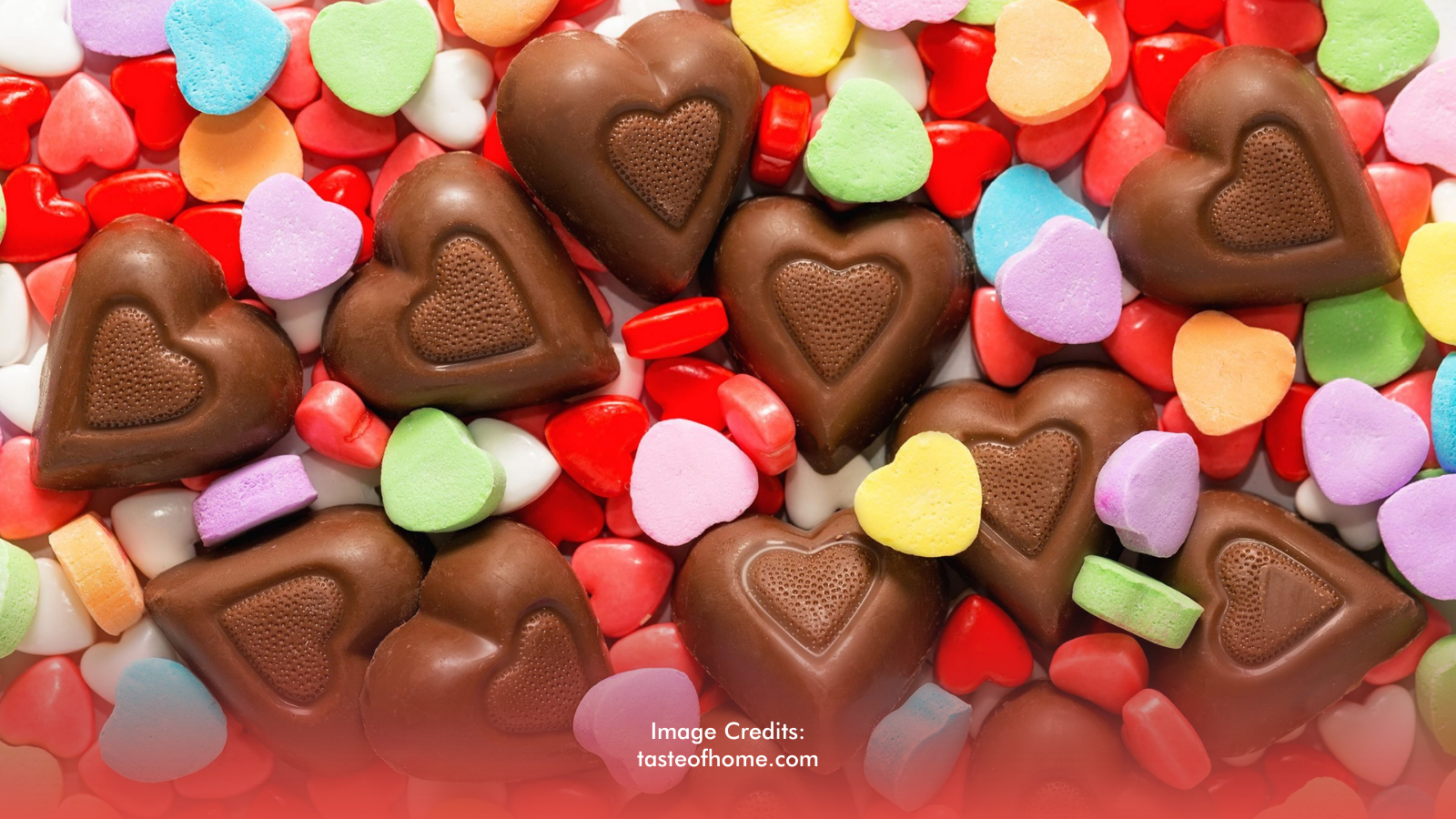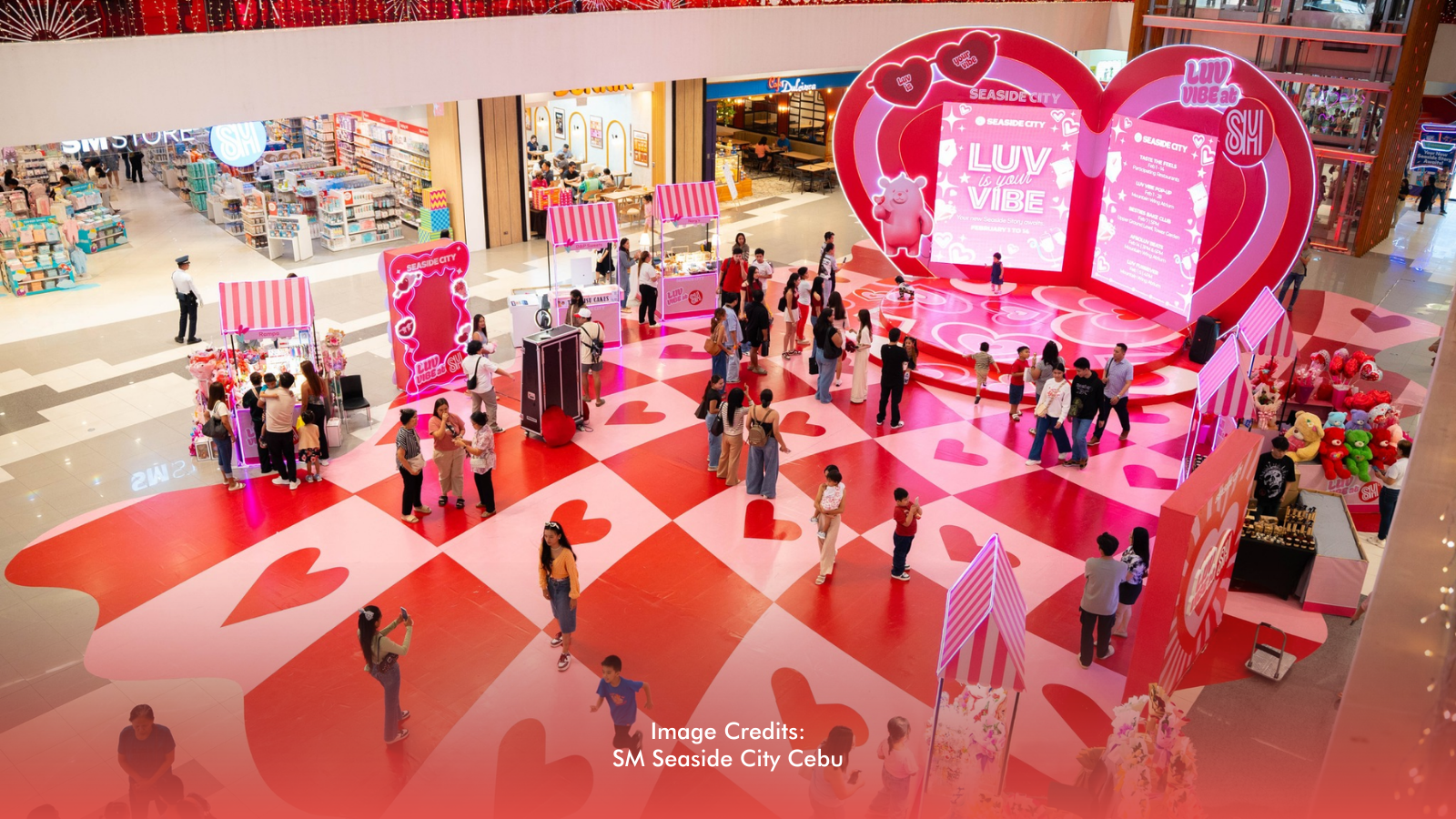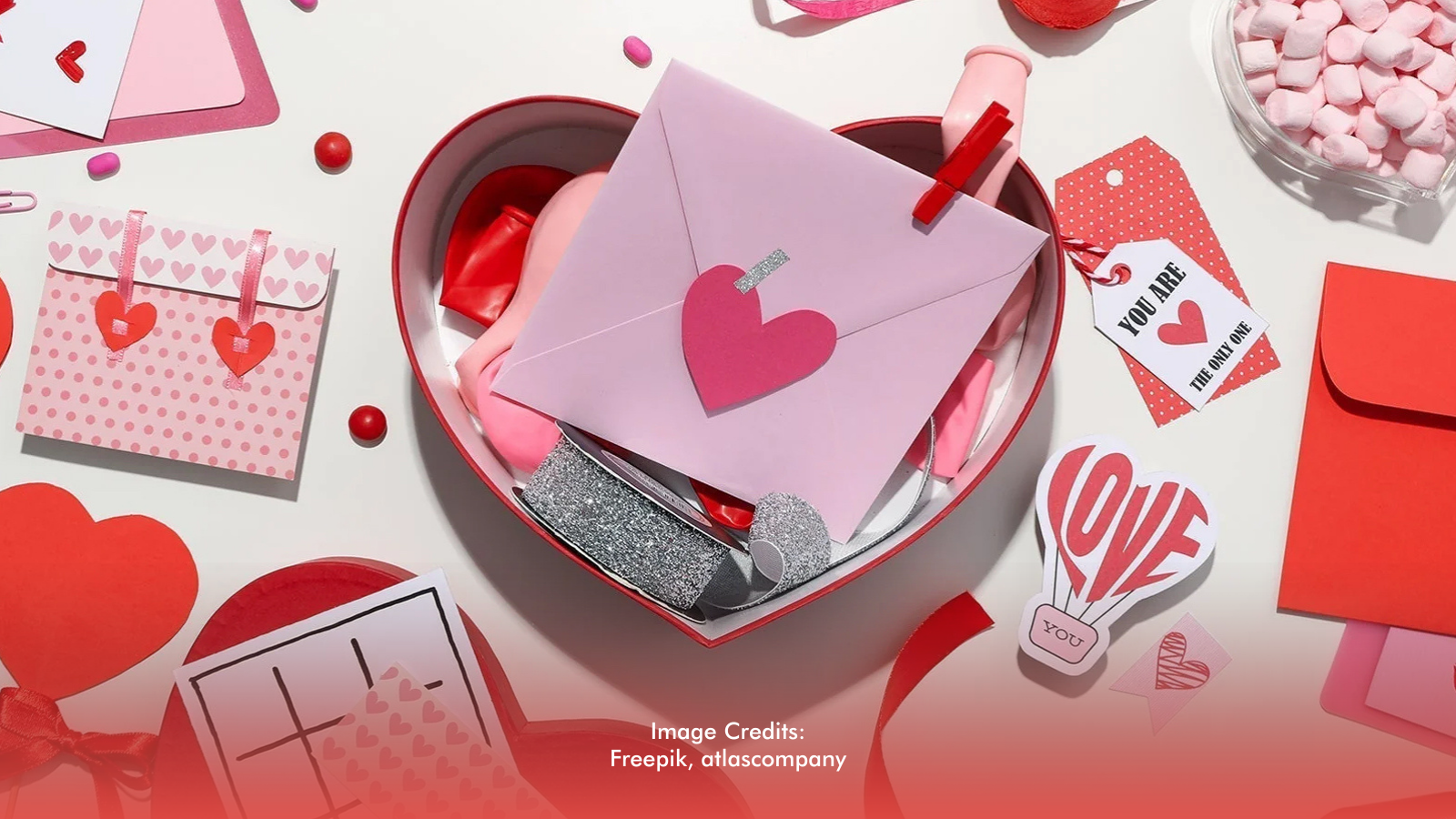The first-ever Biyaya Festival took place at Parqal Mall in Aseana City, Parañaque, from March 14 to 16, 2025, expanding on the legacy of the Manila Coffee Festival. The event was organized by Richard Watanabe, founder of the Coffee Heritage Project, and Tati Miranda Fortuna, bringing in local crafts, sustainable practices, and community-driven initiatives that aims to connect producers and consumers while promoting local industries and environmental awareness.
RELATED: [#KapeTayo: Bukidnon's Coffee Comeback]
More Than Just Coffee
The three-day festival featured over 200 exhibitors—from coffee, cacao, and coconut farmers to artisans, weavers, and designers. Attendees explored interactive workshops, coffee and chocolate tastings, artisan craft demonstrations, and sustainable fashion showcases. Baybayin art sessions, traditional tattooing, and a chalk mural competition added a creative touch, while "Biyaya Speaks" sparked conversations on sustainability, cultural preservation, and community empowerment.
One of the festival's biggest draws was the Single Origin Bar, where some of the country’s top specialty coffees were highlighted. Among them, heirloom Barako microlots from Batangas, grown on the Kalaw-Katigbak estate, stood out—earning the Gourmet Medal (Hors Catégorie) from AVPA Paris. These medium-roasted beans, with notes of saba and sugarcane sweetness, offered a fresh take on Barako coffee. Sagada Arabica and Sultan Kudarat fine Robusta also earned praise for their distinct flavors, further cementing the Philippines' reputation in the global coffee scene.
Sustainable fashion also took center stage with "The Walk", led by Tati Miranda Fortuna and designer Jun Escario. The collection is a showcase of modern designs featuring indigenous Indigenous Cordilleran weaves, and demonstrated how traditional patterns can be seamlessly integrated into contemporary clothing. This initiative not only celebrated Filipino craftsmanship but also promoted ethical and sustainable fashion.
A Twist on Tradition
The festival’s marketplace offered a mix of familiar comforts and inventive flavors. Boocha Mama’s Barako-infused kombucha, Cubao X Brewery’s coffee-infused draft beer, and Mamonaku Kohi’s Japanese-inspired coffee drinks gave attendees a fresh take on caffeine. Meanhile, Bait Lehem served Mediterranean pita bites and nachos, pairing freshly baked bread with rich dips and toppings.
Butterboy’s signature croissants and pastries were a hit, drawing in festival-goers looking for something warm and flaky. Haichi X and Steaks delivered on hearty meals, serving 42-day dry-aged Porterhouse steak alongside truffle cream and bolognese pastas.
With a strong turnout and positive reception, organizers are now looking at making Biyaya an annual event. By bridging cultural heritage, sustainability, and specialty coffee, the festival has carved out a niche as a platform for Filipino artisans, farmers, and creatives. As it wrapped up, attendees left not just with newfound appreciation for local craftsmanship but also a stronger commitment to responsible consumption and environmental awareness.
RELATED: [#KapeTayo: Coffee As A Means for Peace In Mindanao]








